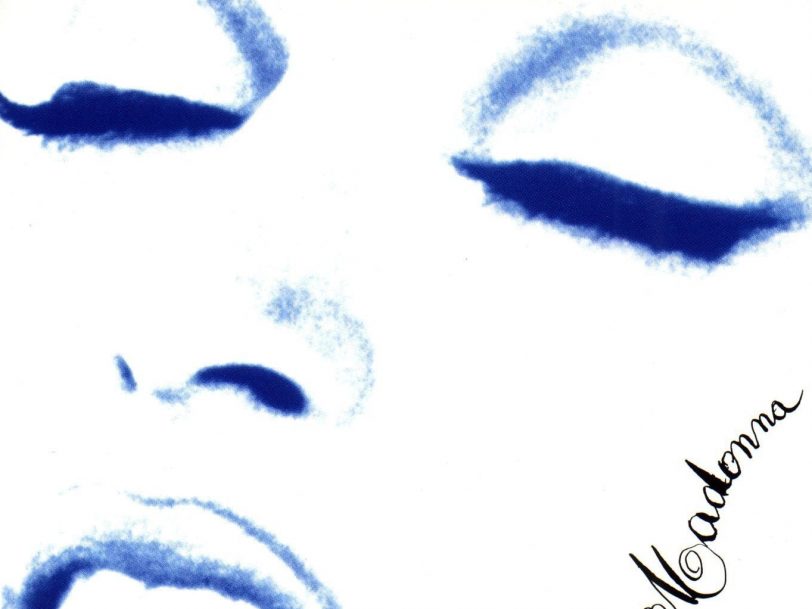The escalation from playful tease to all-out sexual-political provocation reached its climax on Madonna’s fifth studio album, 1992’s Erotica. But while many fans thought it her finest creative statement to date, the wider public were left shocked by its controversial – and at-times frenzied – positioning.
Listen to ‘Erotica’ here.
A journey through sexually-charged fantasies
Released on 20 October 1992, Erotica was certainly Madonna’s most contemporary record to date, drenched as it was in new club sounds and steered by Shep Pettibone, who had created the era-defining Vogue and the charming ballad This Used To Be My Playground, issued that summer to promote the movie A League Of Their Own. Emerging just months later, Erotica’s title track – and first single – couldn’t have been more different to that conservative tune, which had topped the US charts.
The album’s title song, Erotica revisited the narrative theme of 1990’s Justify My Love, with Madonna’s gravelly vocals now casting her as Dita – a diva alter-ego daring the audience to join her on a journey through a range of sexually-charged fantasies. The video, of course, was banned, and the campaign was synched in part with Madonna’s notorious Sex book, issued simultaneously. As an exercise in marketing it all hung together well, with the song emerging as a frisky, funky dance track that charted strongly, hitting No.3 on both sides of the Atlantic.




